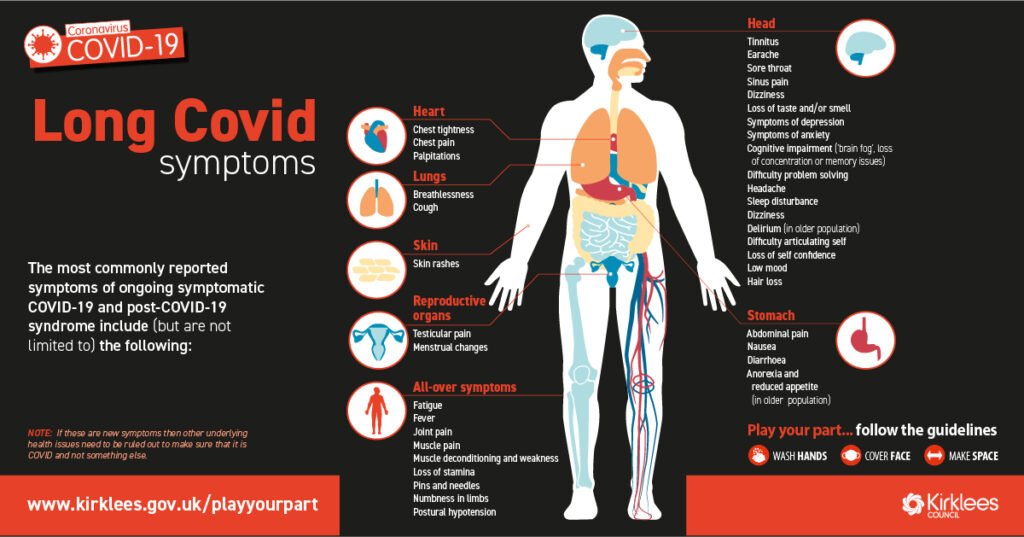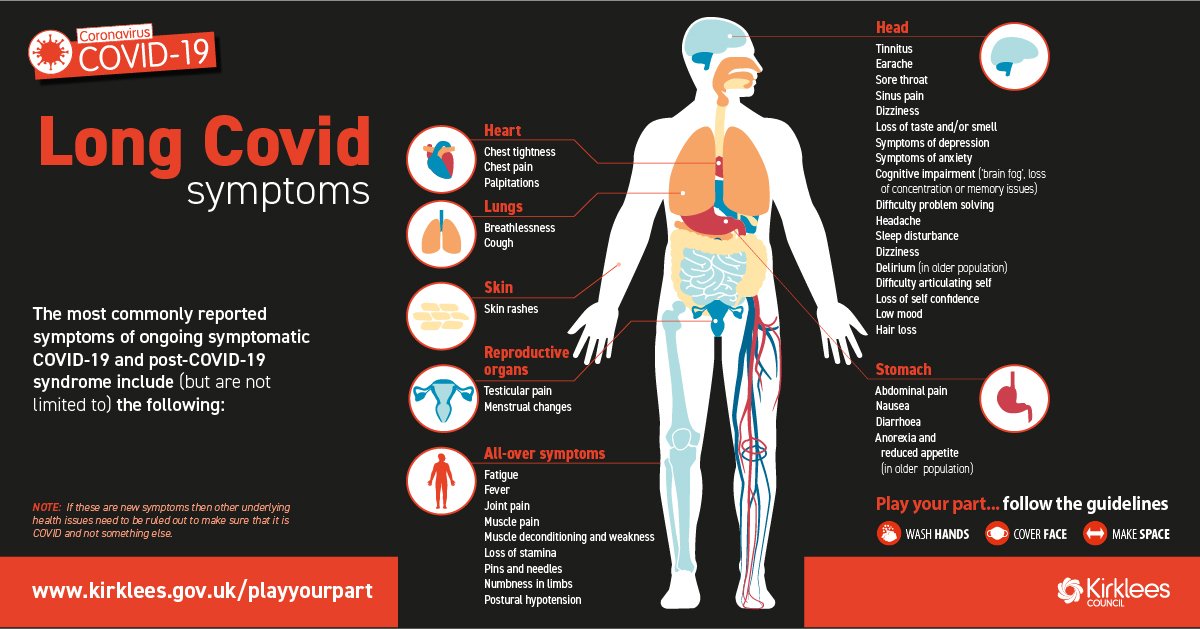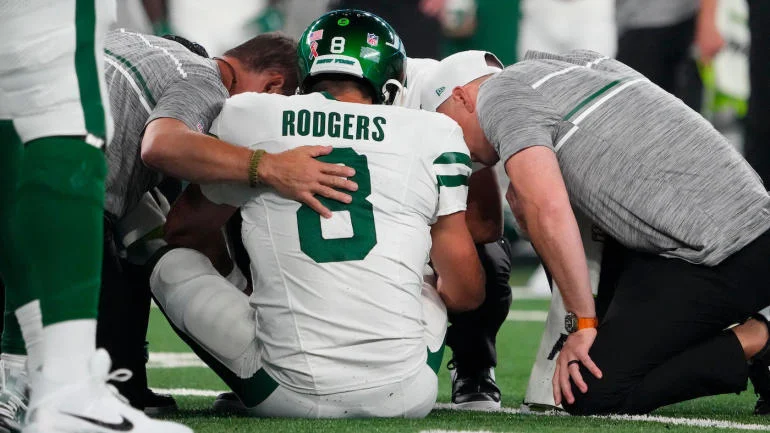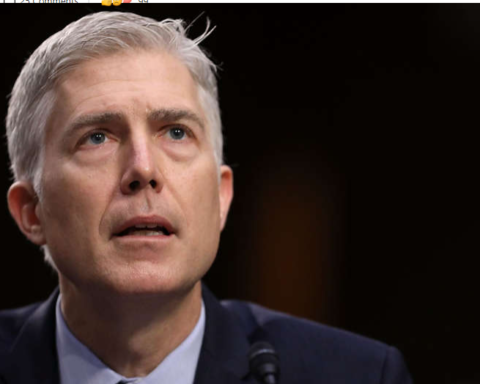BANG Showbiz | by tNb Staff | September 13, 2023
Source: Charities and doctors are ‘livid’ the COVID-19 Inquiry has excluded representatives from Long Covid Groups
theNational.buzz Summary:
- Leading doctors and charities in the UK are upset that representatives from Long Covid Groups have been excluded from Module 4 of the COVID-19 Inquiry, which focuses on the vaccine rollout and therapeutics.
- Long Covid Groups, including charities like Long Covid Kids and Long Covid SOS, had applied to be recognized as Core Participants in Module 4 but were denied.
- The exclusion of Long Covid Groups from the inquiry raises concerns about the comprehensive investigation of the long-term health impacts of COVID-19 and the potential harm caused by the pandemic. These groups argue that Long Covid should be central to the inquiry’s investigation.
Long Covid Groups Exclusion from COVID-19 Inquiry has leading doctors and charities in the UK “livid” that the COVID-19 enquiry has excluded representatives from Long Covid Groups.
Module 4 of the COVID-19 Inquiry opens this week and will examine the roll out of vaccines, therapeutics and anti-viral treatment across Britain.
It is chaired by Baroness Heather Hallett, a former Court of Appeal Judge responsible for making procedural decisions, hearing evidence and making findings and recommendations. However, Hallett has made the decision to exclude representation from any Long Covid Group.
The Long Covid Groups, which comprise of the charities Long Covid Kids, Long Covid Physio, Long Covid SOS and Long Covid Support, submitted an application to be recognised as Core Participants in Module 4 in the summer, only to be refused.
By not investigating Long Covid in Module 4, the Inquiry is in effect saying that there is no need to investigate pharmaceutical interventions which could prevent and treat Long Covid and the exclusion of the Long Covid Groups dismisses the profound impact that Long Covid has had, and continues to have, on many people in the UK.
Jane Ryan – a partner at the law firm Bhatt Murphy which specialises in defending civil liberties and represented the Long Covid Group in Modules 2 and 3 of the Covid-19 Inquiry – said: “In my view the decision shows the massive inequality of arms between ordinary members of the public seeking accountability for long term damage to their health from COVID-19 and the Government.

“Unlike Rishi Sunak and the Cabinet Office my clients do not have the financial resources to take the COVID-19 Inquiry to Court to review the decision. It is imperative that the COVID-19 Inquiry properly considers through out every aspect of its investigation the long-term harm done by COVID-19. To avoid and minimise Long Covid is an error the Government made throughout the pandemic resulting in devastating long-term harm to the health of thousands of people in the UK. Those shameful mistakes should not be repeated by the Inquiry: Long Covid should be central to the investigation throughout.”
In 2021 Long Covid Kids became the first registered charity advocating for families, children and young people living with Long Covid anywhere in the world.
Currently supporting 11,000 families, the charity’s vision is to achieve recognition, support and recovery for Long Covid and related illnesses in children and young people. Their omission from Module 4 has left the trustees and CEO angry.
Meredith Leston, public health consultant and Trustee of Long Covid Kids, said: “Children and those with a known history of COVID infection were originally excluded in the vaccine development trials that informed the products we all rely upon today. This is why it is absolutely essential that Module 4 prioritises the voices and vaccination experiences of young patients still struggling to return to health after infection.
“With a complete absence of targeted vaccine effectiveness or safety research in patients of this profile, this information will not be available in any other form than the rich testimony our community is willing to offer. It is a mistake to exclude them once again.”
The charity’s CEO Sammie McFarland added: “We are livid. Even today, the public remains insufficiently informed about the profound risks associated with Long Covid – a nuanced, life-altering condition that is preventable. The denial of representation to the Long Covid Group in Module 4, which advocates for almost two million adults and children in the UK affected by Long Covid perpetuates the enduring inequalities faced by countless families.”
With Module 4 focusing on vaccinations and therapeutics, Ondine Sherwood, co-founder of Long Covid SOS, considers both issues are of central importance to people with Long Covid and has demanded answers.
Sherwood said: “Those with Long Covid were abandoned in the decisions around vaccines and our voice should be heard. Having Long Covid means we are proven to have been harmed by COVID-19 infection, in a myriad of ways including devastating loss of ability to live a normal life and contribute to and be part of society.
“Our published research showed that many find symptoms improve after vaccination. We need to know why people with Long Covid were not considered a priority group for vaccines or early intervention with antivirals, despite the significant harm caused to them by the original Covid infection and the risk that reinfection can be severely detrimental to their health. We need these questions answered.”
Professor Danny Altmann – the renowned immunologist and Professor of Immunology at Imperial College London – is bemused that Long Covid sufferers “who continue to pay such a high price” due to the pandemic” have been silenced.
Altmann said: “It is hard to rationalise the omission of any voice for those with Long Covid, who continue to pay such a high price. The impact of COVID-19 cannot be counted solely through hospitalisations and deaths, vital as these are. In addition to over 226,000 deaths, the UK is home to some 1.7 million people with Long Covid – variably unable to resume their old lives. Some 700,000 of these cases have been accrued as a calculated risk of allowing Omicron infections to circulate since early 2022.
“The impacts are seen throughout society, from the destroyed lives and lost employment, to big-picture, policy questions of the economics of losing so many contributory taxpayers (an estimated 3 percent of the workforce), or how and when we might be able to supply the additional healthcare provision needed for them. It’s hard to envisage a comprehensive or valid analysis of the pandemic with these voices excluded.”
Altmann’s comments are backed up by the Office of National Statistics which recently announced that there were more than 400,000 people not in employment and not looking for employment, than there were before the pandemic.
Included among the symptoms of long COVID are fatigue and extreme exhaustion, cognitive impairment, headaches and migraines, skin disorders, depression, gastrointestinal issues, chest pains and cognitive impairment among others.










